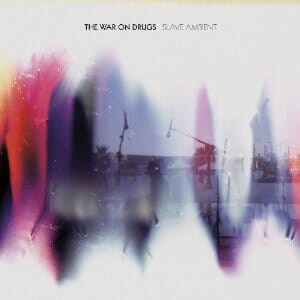The War on Drugs: Slave Ambient

When all is said and done, Kurt Vile’s exit from The War on Drugs might be the best thing that’s happened to the band. Sure his songwriting talent can’t be understated, but the long-haired, post-hippy’s odyssey with the Violators and the success of Smoke Ring For My Halo has drawn a lot of attention to his past legacies, specifically the band he helped start. And The War on Drugs is still very much a band; helmed by Adam Granduciel, their post-Vile songs have kept them steady, and, as proven by the almost defiantly solid Slave Ambient, they can be memorable and engaging all by themselves.
-

-

-

-

-

-

-

-

-

-

-

-

-

-

-

-

-

-

-

-

-

-

-

-

-

-

-

-

-

-

-

-

-

-

-

-

-

-

-

-








































